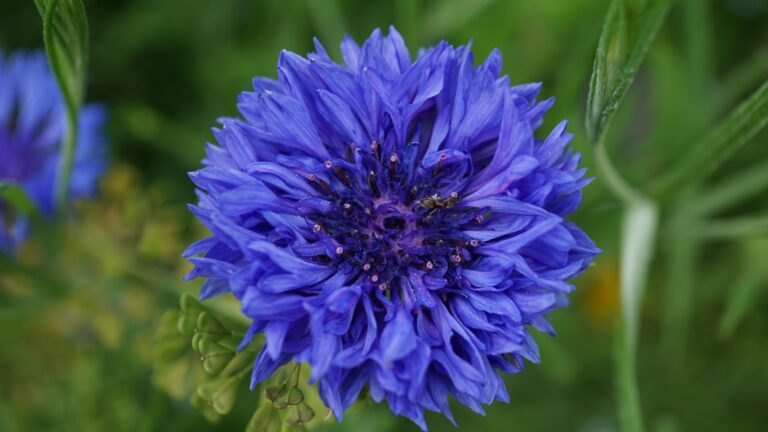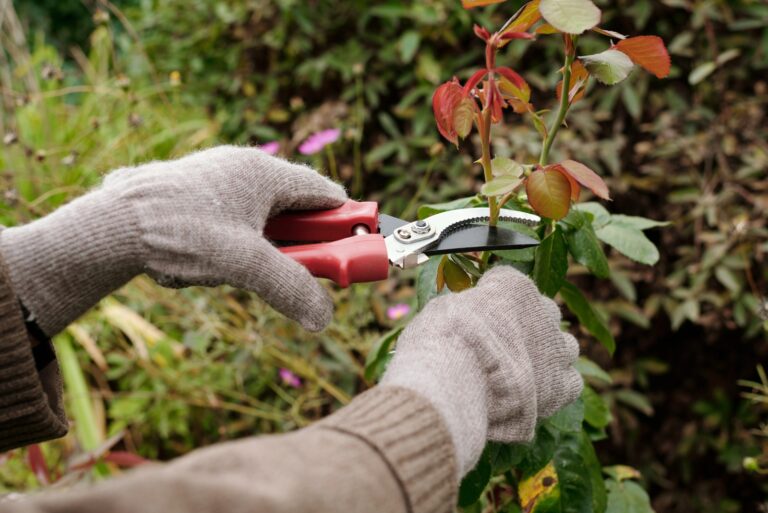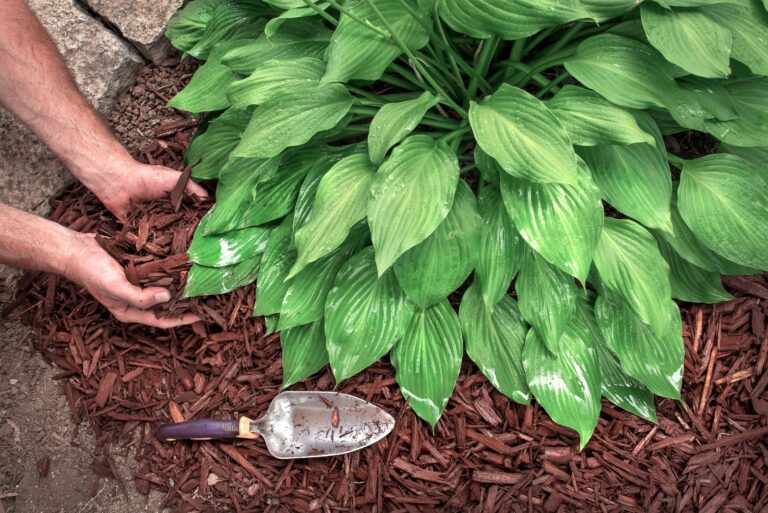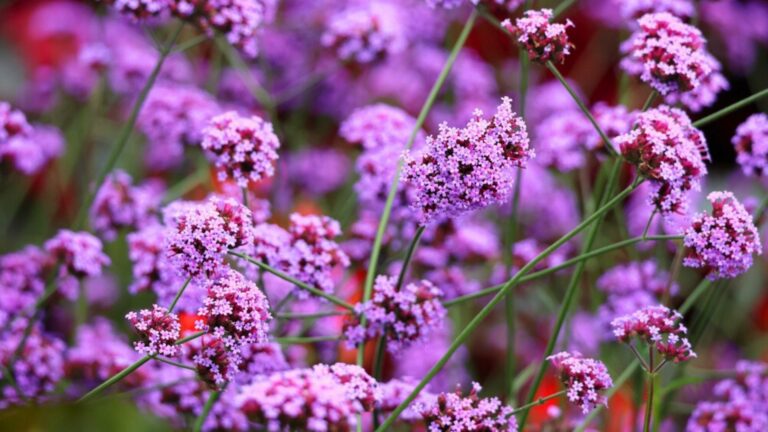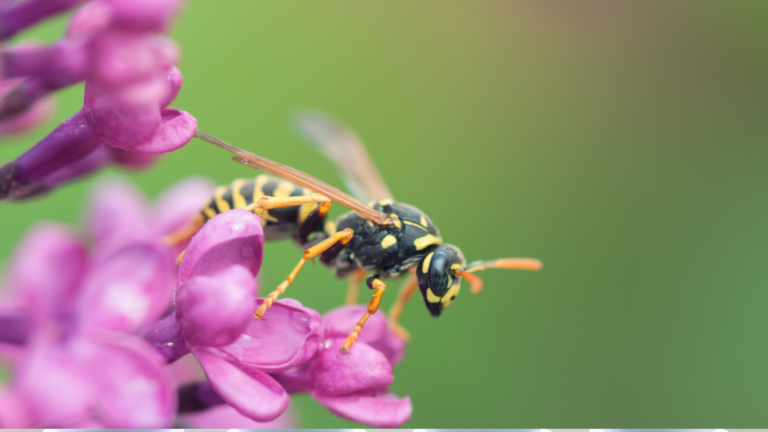17 Mistakes Every Gardener Makes In May (And How To Avoid Them)
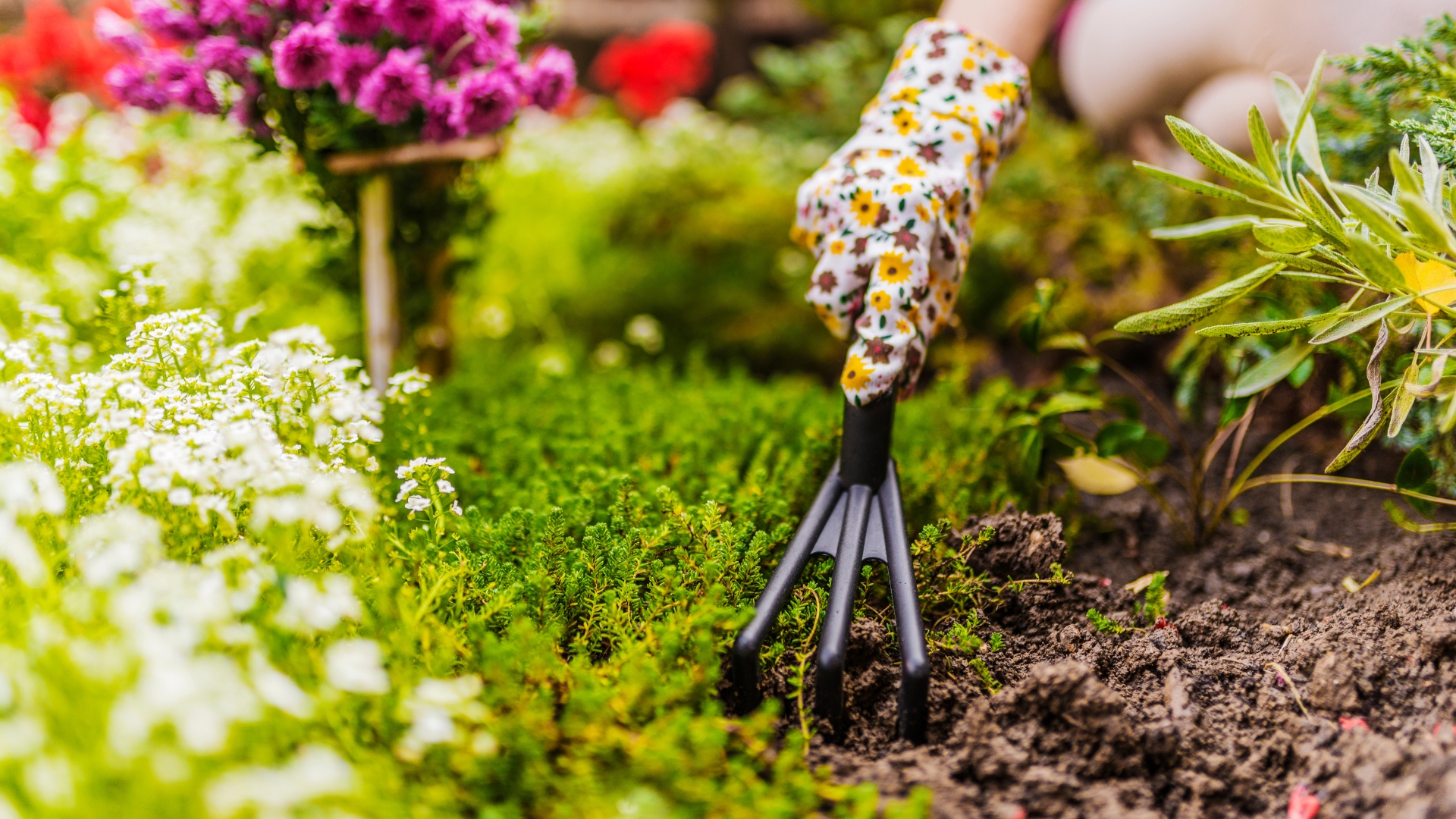
May is a magical month for gardeners—flowers are blooming, veggies are sprouting, and everything feels full of possibility. But even the most seasoned green thumbs can stumble this time of year. Between unpredictable weather, over-eager planting, and common care slip-ups, it’s easy to make mistakes that can derail your garden’s success. Don’t worry—I’ve got your back! Whether you’re growing a lush flower bed or aiming for a bumper crop of tomatoes, this guide will help you steer clear of the most common May gardening missteps. Let’s dive into the 17 mistakes that could be holding your garden back—and learn how to avoid them like a pro.
1. Ignoring Plant Spacing
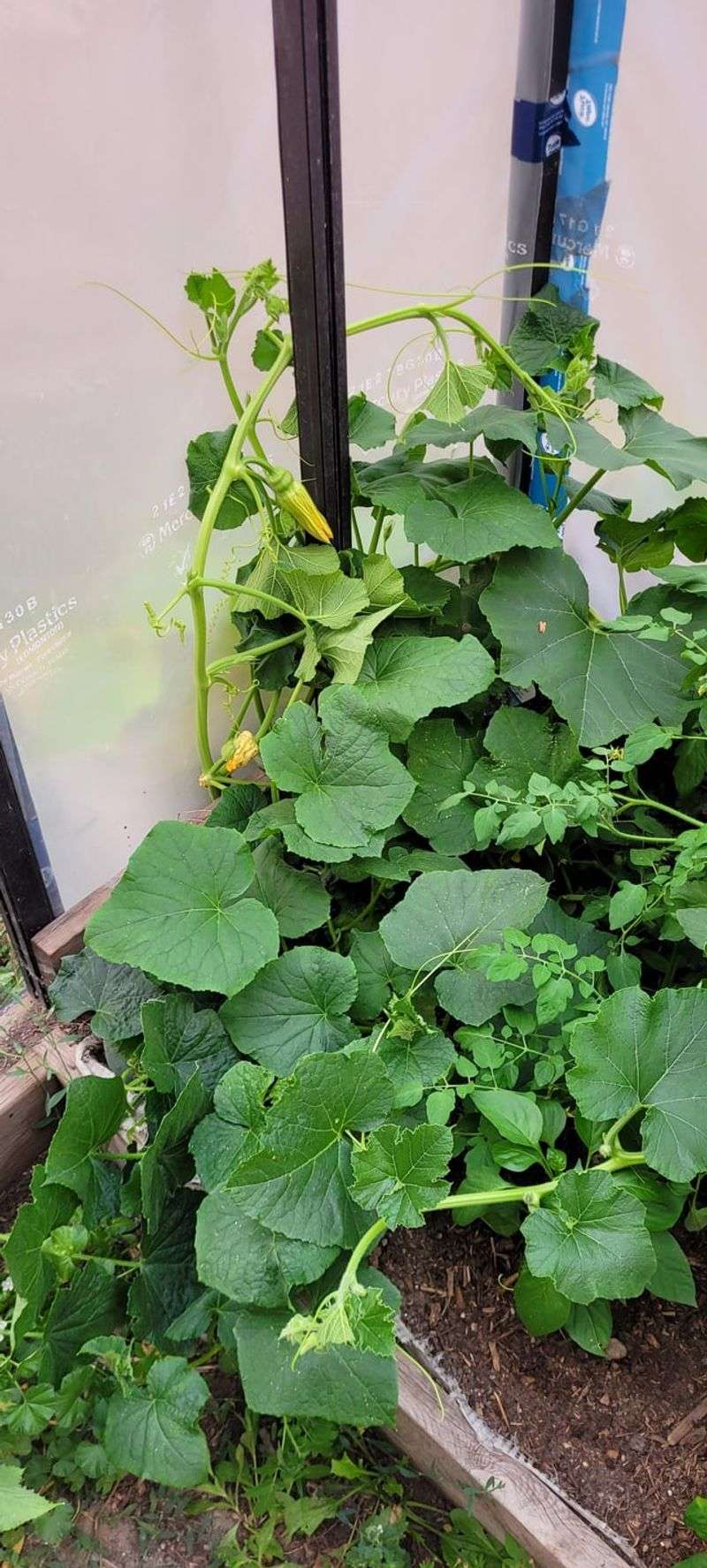
Crowding plants is a mistake that can lead to poor growth. Each plant needs space to grow and access sunlight. Ensuring proper spacing helps prevent diseases by allowing air circulation. Overcrowded gardens often suffer from nutrient competition.
To avoid this, read plant labels for correct spacing information. Additionally, consider using a measuring tool when planting. Proper spacing encourages healthy and robust plants, ensuring your garden looks its best.
Moreover, spaced plants are easier to water and maintain. Remember, giving plants room to breathe is key to a flourishing garden.
2. Overwatering Plants
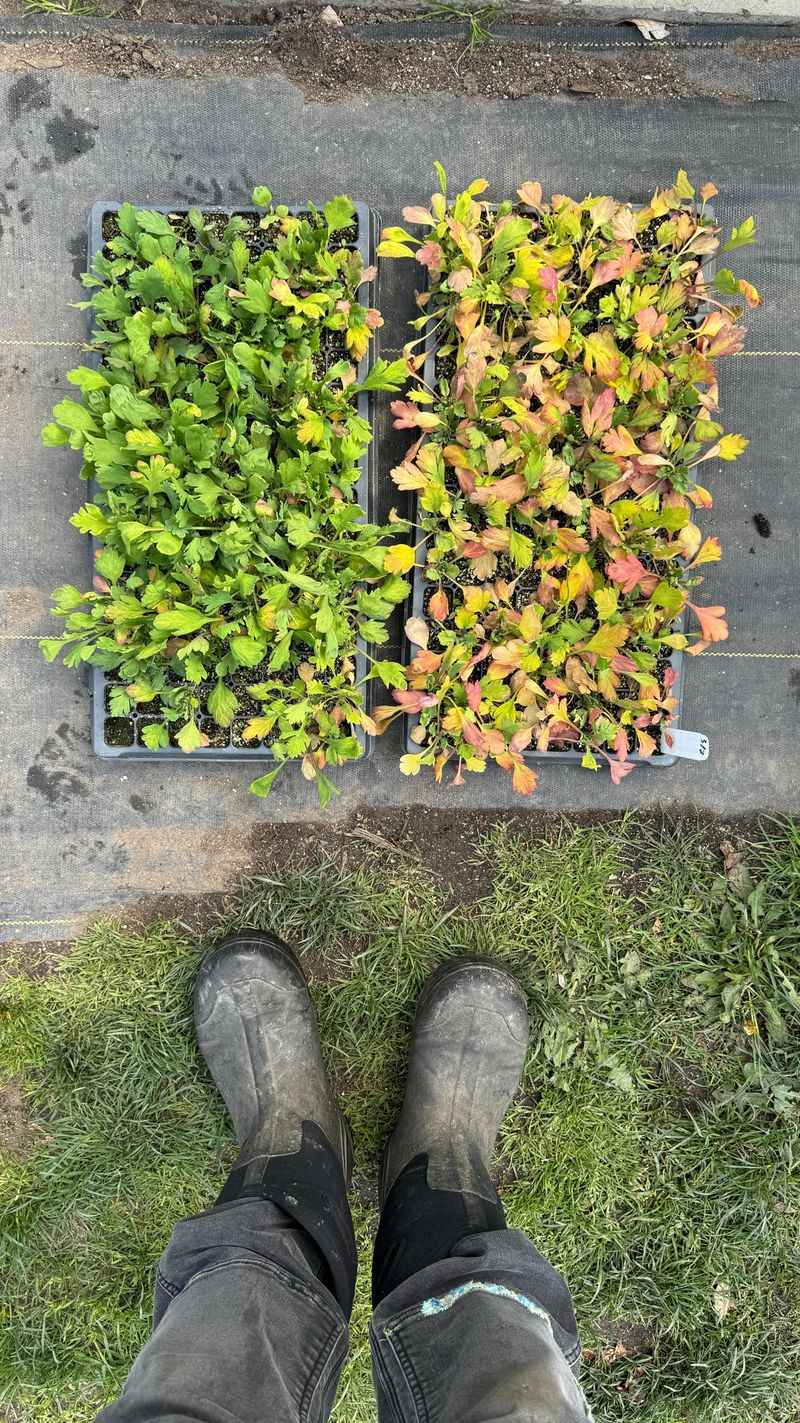
Too much water can drown plants, causing roots to rot. This mistake is common, especially for new gardeners. Plants need water, but balance is crucial. Check soil moisture before watering; it should be slightly dry.
Overwatered plants often appear wilted or yellow. Invest in a moisture meter for accuracy. This tool helps determine when plants truly need water.
Remember, different plants have varying water needs. Adjust your watering schedule according to plant type and weather conditions. Ensuring proper hydration promotes healthy growth and prevents root damage.
3. Neglecting Soil Quality
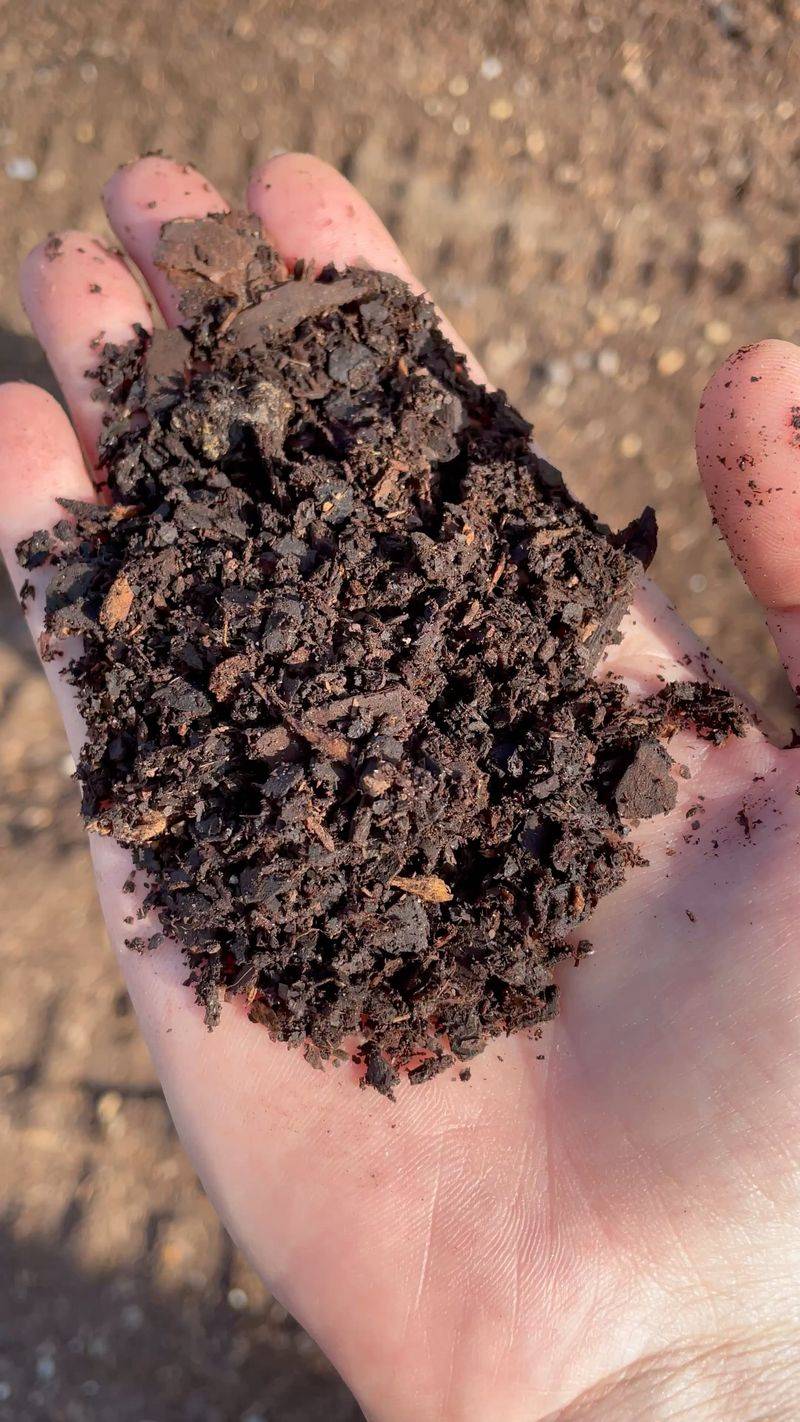
Healthy plants start with healthy soil. Many gardeners overlook soil quality, leading to weak plants. Testing soil before planting is essential. A simple soil test can reveal pH and nutrient levels. Amending soil with compost improves its quality significantly.
Furthermore, avoid compacted soil by regularly tilling. Healthy soil promotes strong root development. Regularly adding organic matter helps maintain soil fertility.
Remember, the foundation of plants is just as important as the plants themselves. Investing time in soil care pays off with a vibrant garden.
4. Forgetting to Mulch
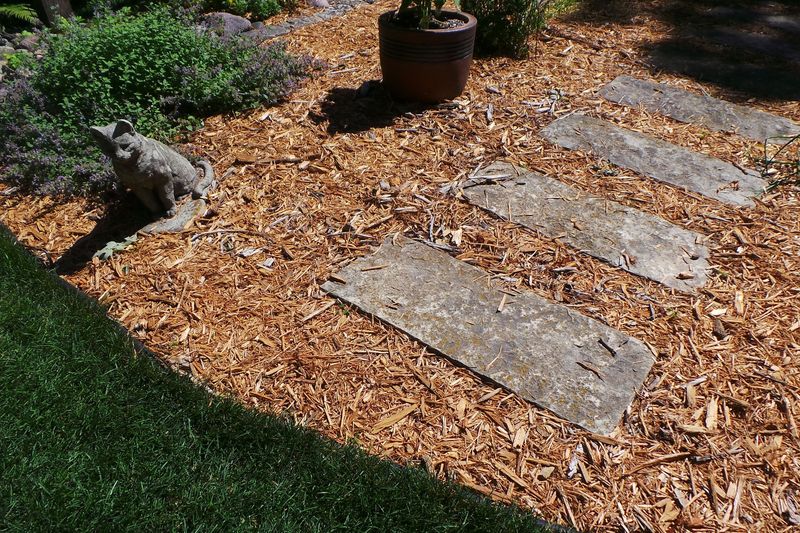
Mulching is often forgotten, yet it’s vital for a healthy garden. Mulch helps retain soil moisture and suppress weeds. It also adds nutrients as it breaks down.
Choose organic mulch like wood chips or straw for the best results. Spread a 2-3 inch layer around plants. This layer acts as insulation, protecting roots from temperature changes.
Mulch prevents erosion during heavy rains. Noticing a decline in plant health? It might be time to mulch. A well-mulched garden looks tidy and thrives with less effort.
5. Planting at the Wrong Time

Timing is crucial in gardening. Planting too early or late can affect growth. Understanding your plant’s ideal planting time ensures success. Use gardening calendars to track planting dates. Temperature plays a significant role, as some plants prefer cooler weather.
Additionally, monitor local frost dates to avoid damage. Proper timing helps plants establish roots and flourish.
Avoid planting summer crops in spring’s chill or winter crops in summer’s heat. By synchronizing planting with the seasons, gardeners can maximize their efforts and yield.
6. Using Wrong Fertilizer
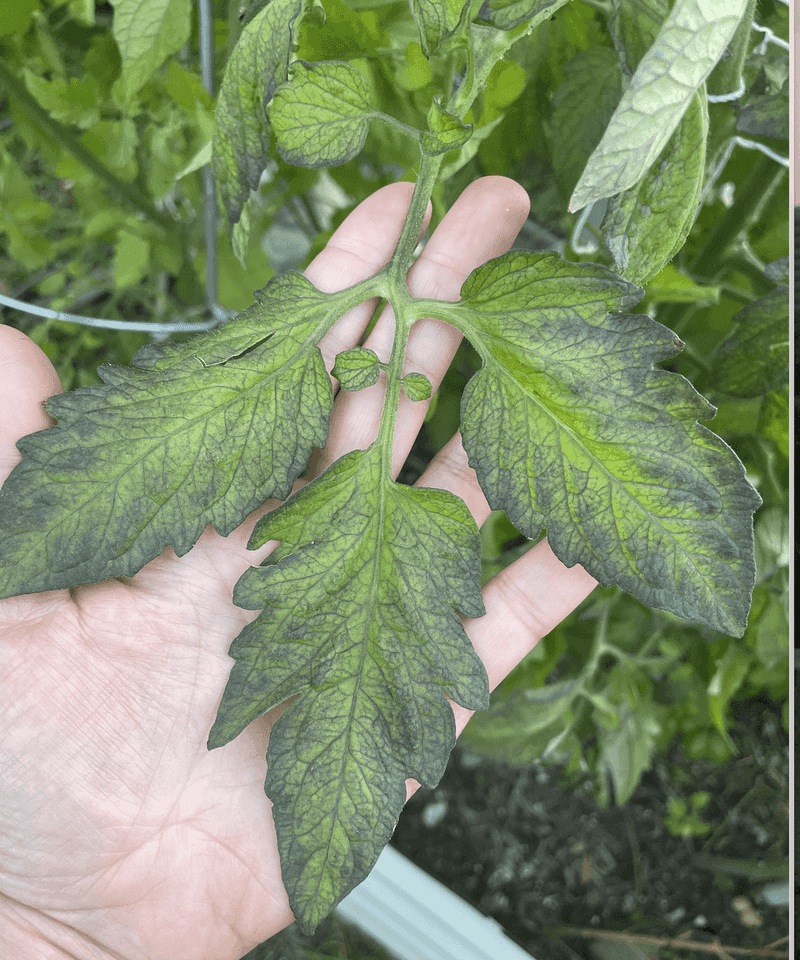
Choosing the right fertilizer is essential for plant health. Incorrect types can harm plants or stunt growth. Research your plant’s specific nutrient needs. Fertilizers come in different formulations; understanding them prevents mistakes.
Organic options are often safer and improve soil health. Over-fertilizing can also burn plants. Use the recommended amount for best results. Additionally, slow-release fertilizers provide a steady nutrient supply. Proper fertilization ensures vibrant and resilient plants.
Regularly review your garden’s needs to adjust your fertilization plan. A well-fed garden is a thriving garden.
7. Ignoring Pest Control
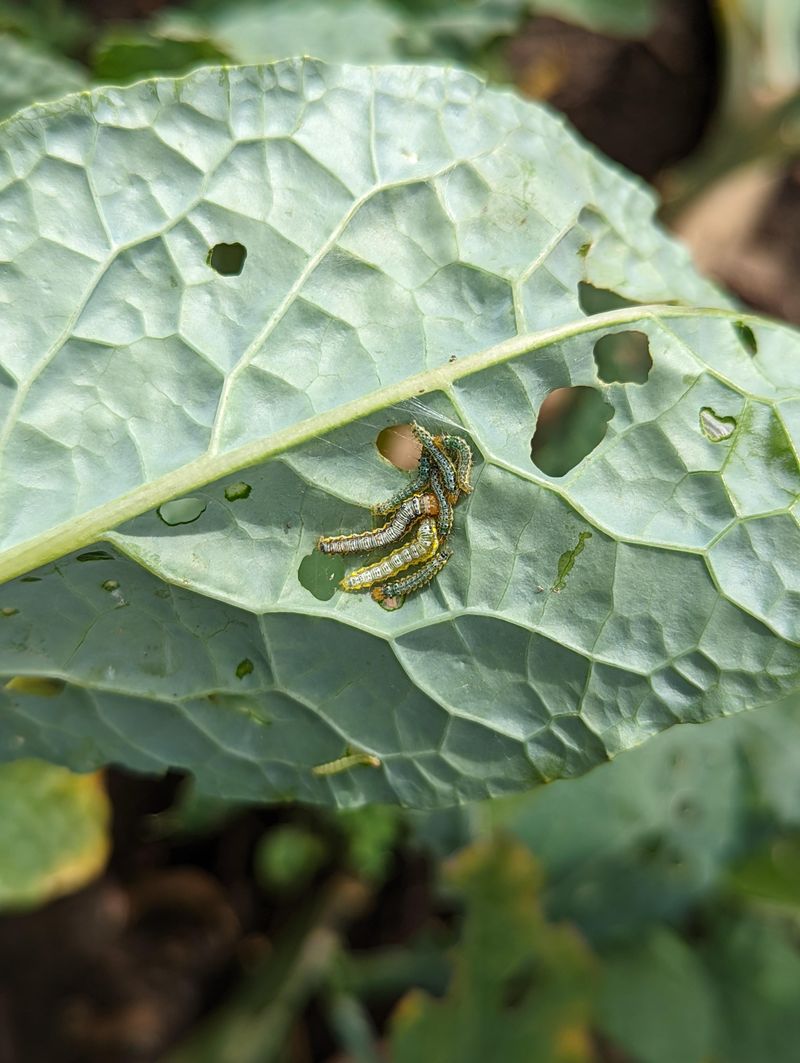
Pests can destroy plants if left unchecked. Ignoring pest control is a common mistake. Regularly inspect your garden for signs of pests. Early detection prevents significant damage. Use natural pest control methods to minimize harm to beneficial insects.
Companion planting can deter pests naturally. Integrated Pest Management (IPM) combines different strategies for effective control. Manual removal of pests is sometimes necessary.
Healthy plants are more resistant to pests. Ensure your garden is thriving by keeping pests at bay. A pest-free garden is a happy garden.
8. Overlooking Sunlight Needs
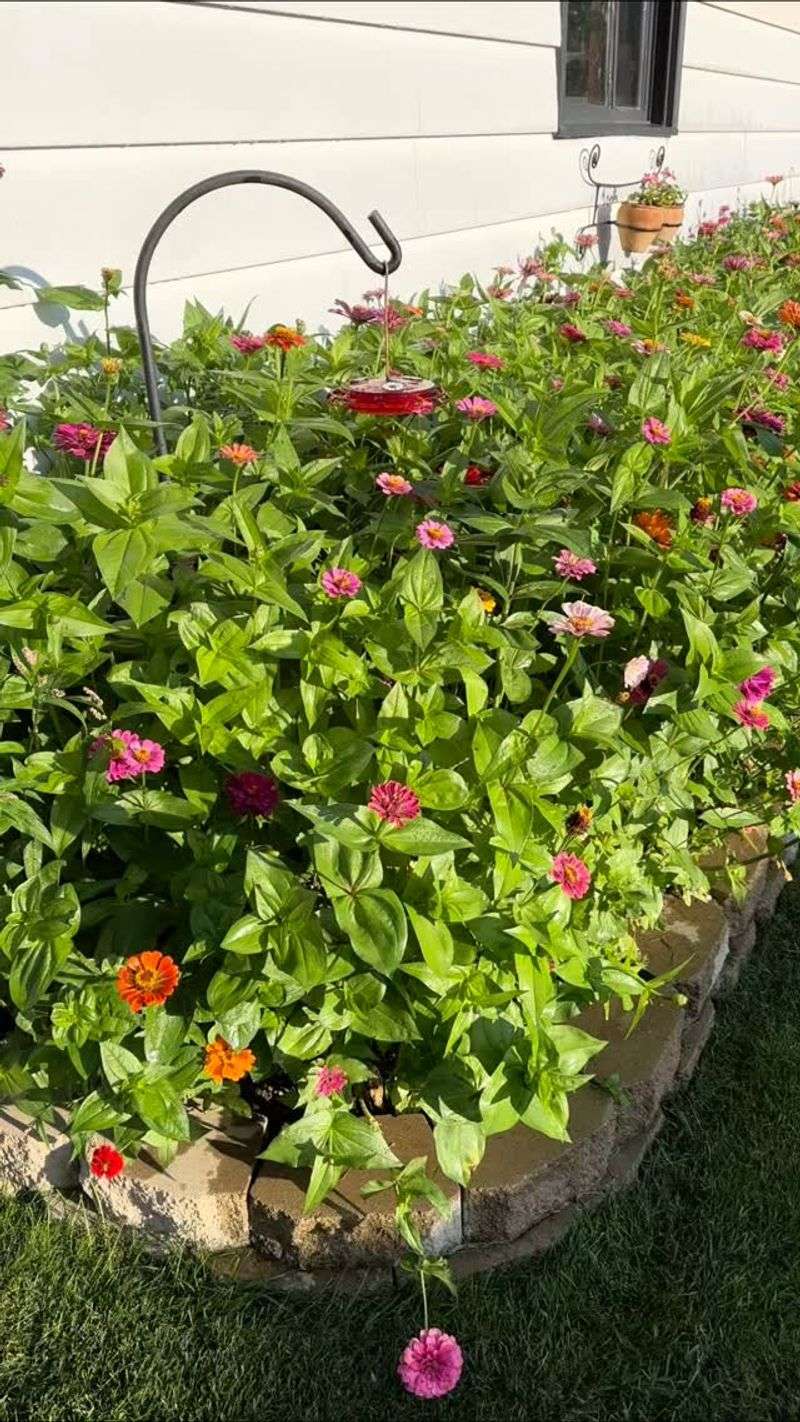
Sunlight is vital for plant growth. Each plant has unique light requirements. Placing plants in unsuitable spots leads to poor growth. Observe your garden’s sun pattern throughout the day.
Full sun plants need at least 6 hours of direct sunlight. Shade plants thrive with less light. Adjust plant location based on their needs. If moving plants isn’t possible, consider using shade cloths.
Correctly matching plants with sunlight ensures lush and vibrant growth. A well-lit garden is a flourishing garden. Monitor and adjust as necessary.
9. Not Pruning Regularly
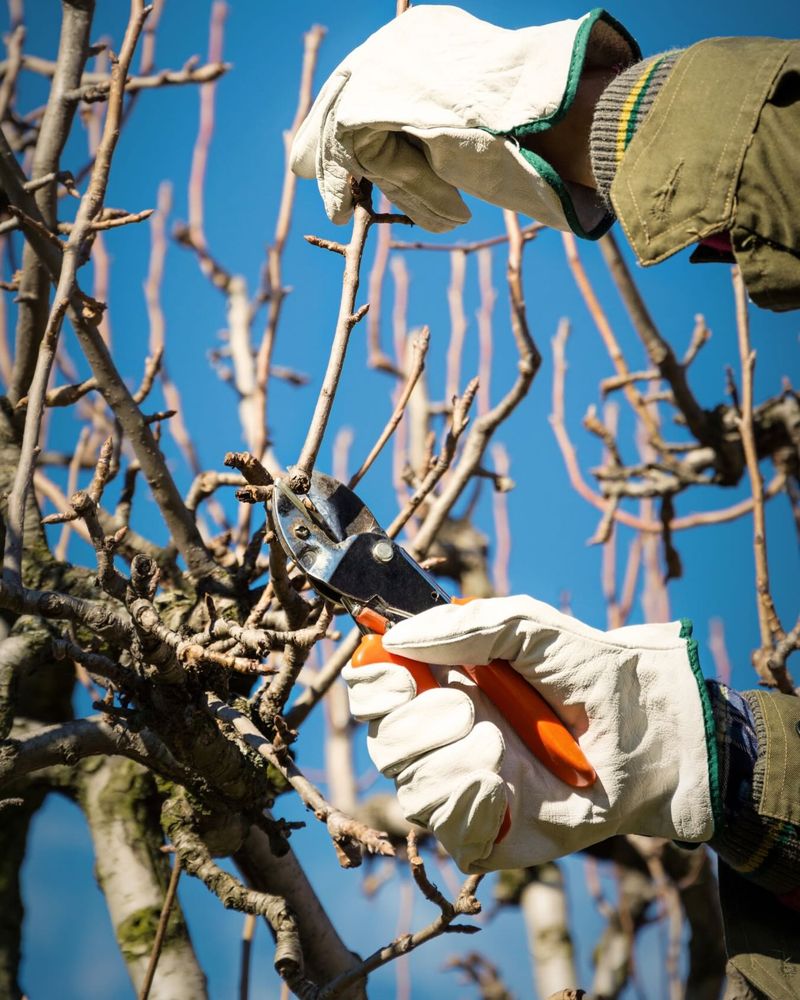
Pruning is essential for plant health and aesthetics. Neglecting this task can lead to overgrown, unhealthy plants. Regular pruning encourages new growth and flowering. It also removes dead or diseased branches. Prune at the right time for each plant species.
Sharp tools prevent damage and promote clean cuts. Additionally, pruning shapes plants and maintains garden appearance. Remember, different plants have different pruning needs.
Research your plants before starting. A well-pruned garden is a healthy and attractive garden. Regular maintenance keeps your garden in tip-top shape.
10. Skipping Crop Rotation
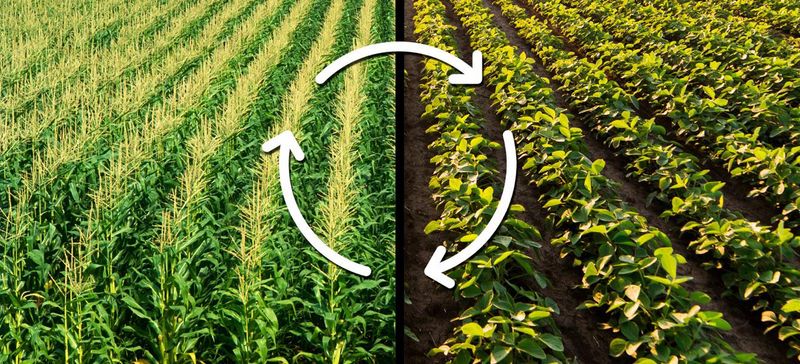
Crop rotation prevents soil depletion and reduces disease risk. Skipping this practice can lead to less productive gardens. Rotating crops breaks pest and disease cycles. Different plant families deplete soil nutrients differently.
Plan your garden layout yearly to avoid planting the same crops in one spot. This practice enhances soil fertility and structure. Crop rotation is especially crucial for vegetable gardens.
It keeps soil healthy and productive. Avoid repeating mistakes by implementing a crop rotation plan. A diverse garden is a thriving garden.
11. Ignoring Weeds
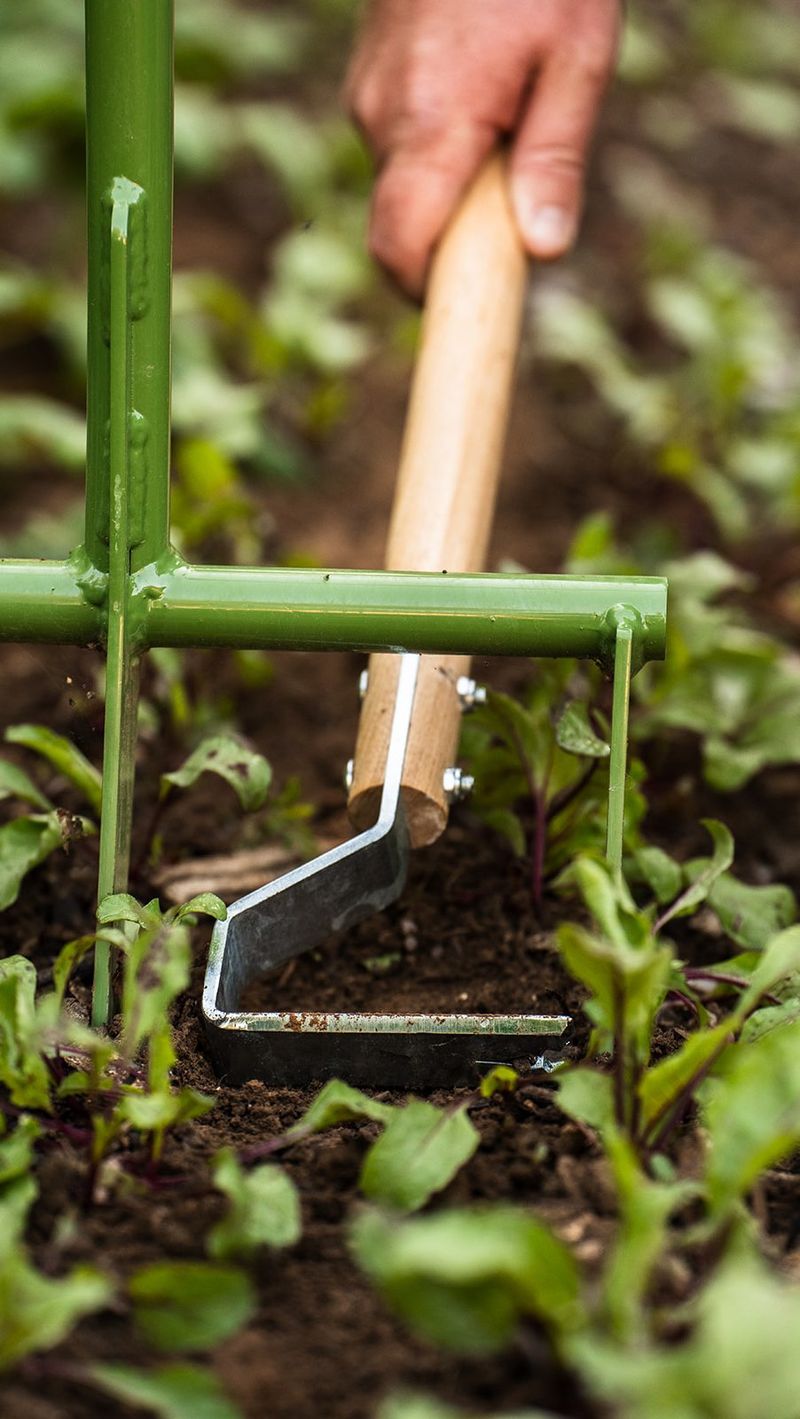
Weeds compete with plants for nutrients, water, and sunlight. Ignoring them leads to a messy garden. Regular weeding is necessary to maintain plant health. Mulching can suppress weeds effectively. Hand-pulling is often the best method for control.
Early removal prevents weeds from setting seeds. A weed-free garden enhances plant growth. Additionally, consider using weed barriers for large areas. Weeds are more manageable when tackled early.
Consistent weeding keeps your garden tidy and flourishing. Make weeding a routine task for a beautiful garden.
12. Overlooking Plant Labels
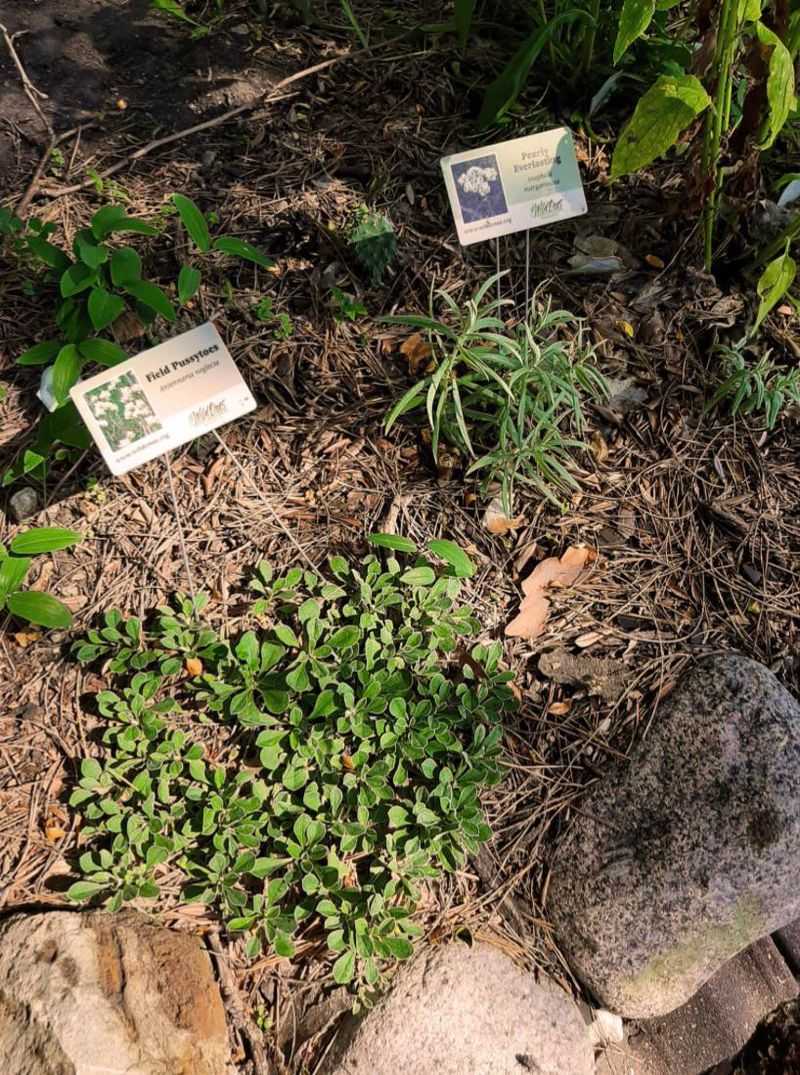
Plant labels provide essential information that guides care. Ignoring them can lead to improper planting and maintenance. They detail plant needs, such as sunlight, water, and spacing. Understanding these requirements prevents common mistakes.
Labels also offer growth habits and mature size. This knowledge aids in garden planning. Always read and follow plant labels. They are a valuable resource for both novice and seasoned gardeners. Properly informed decisions lead to healthier gardens.
A well-understood plant thrives in its environment. Pay attention to labels for successful gardening.
13. Using Dull Tools
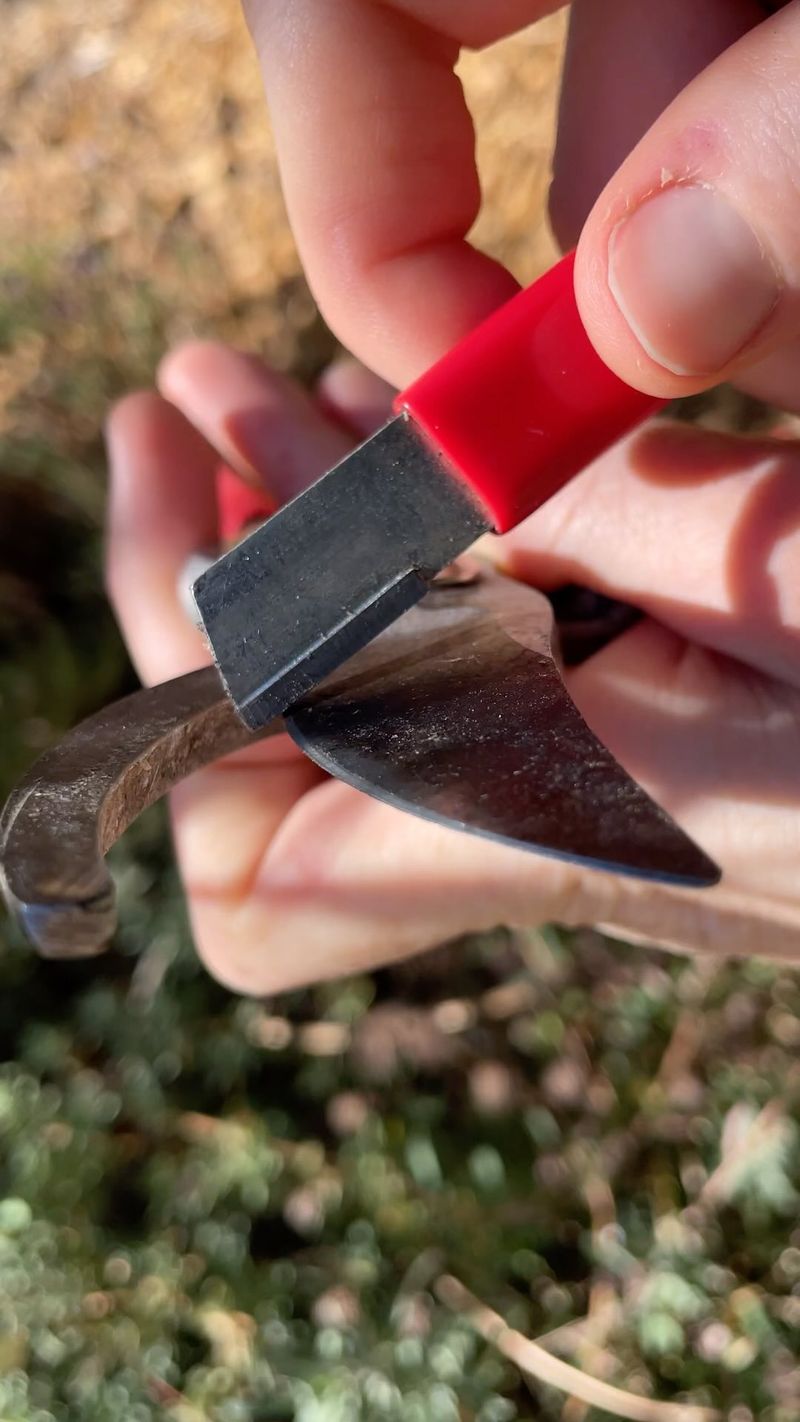
Dull tools make gardening tasks difficult and can harm plants. Sharp tools ensure clean cuts, promoting plant health. Regularly maintain and sharpen your tools. This practice extends their lifespan and improves efficiency.
Clean tools prevent disease spread between plants. Quality tools make gardening more enjoyable and less tiring. Invest in a sharpening stone or tool sharpener. Regular tool upkeep saves time and effort.
Avoid frustration by keeping tools in top condition. Well-maintained tools are essential for a thriving garden. They ensure your hard work pays off.
14. Planting Invasive Species
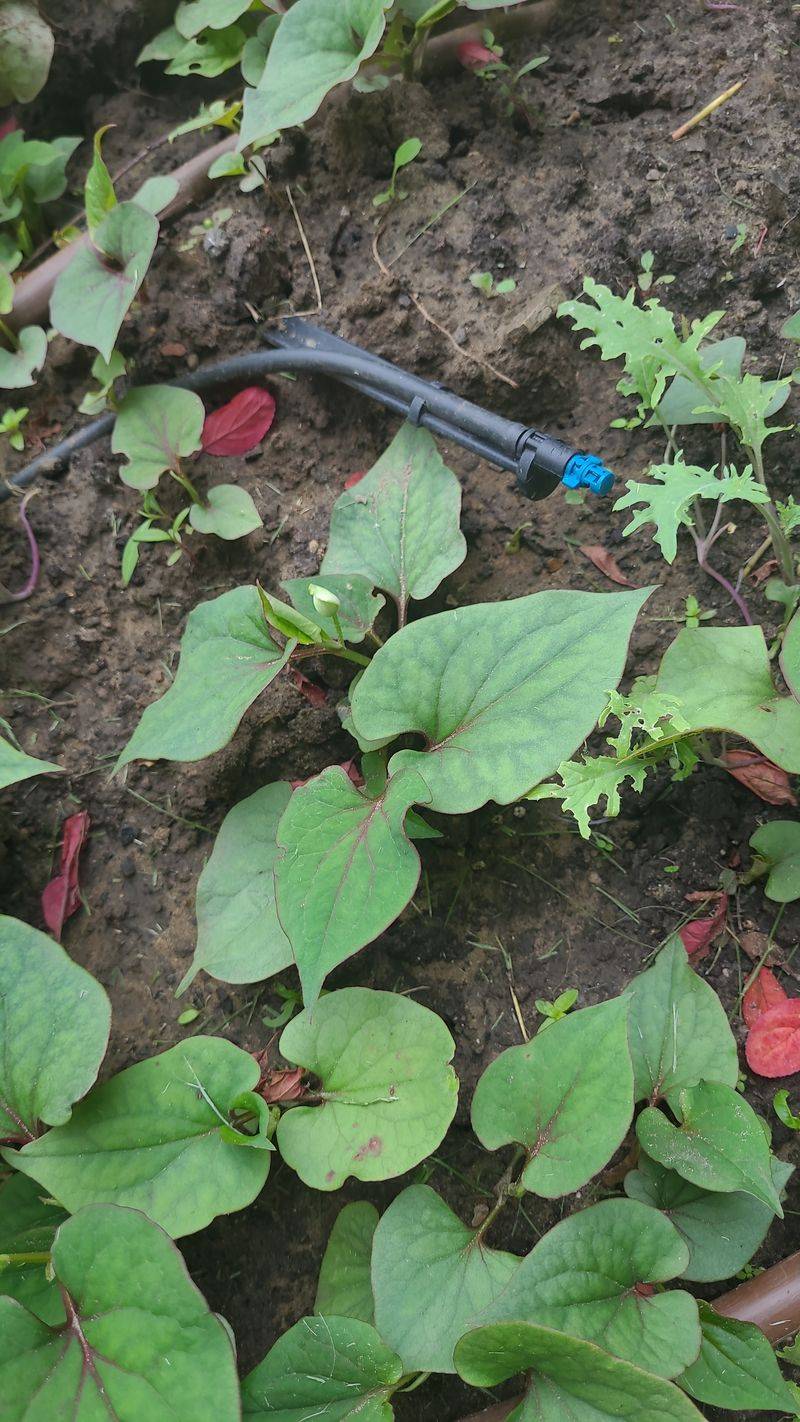
Invasive plants can quickly ruin a garden’s balance. They outcompete native plants for resources. Research plants before adding them to your garden. Avoid species known for aggressive spreading. Invasive plants often require more management and control.
They can disrupt local ecosystems and biodiversity. Choose native plants that complement your garden. Native plants are adapted to local conditions and support wildlife. Removing invasive species once established is challenging.
Prevention is key for maintaining a harmonious garden. A well-planned garden avoids invasive plant issues.
15. Ignoring Companion Planting
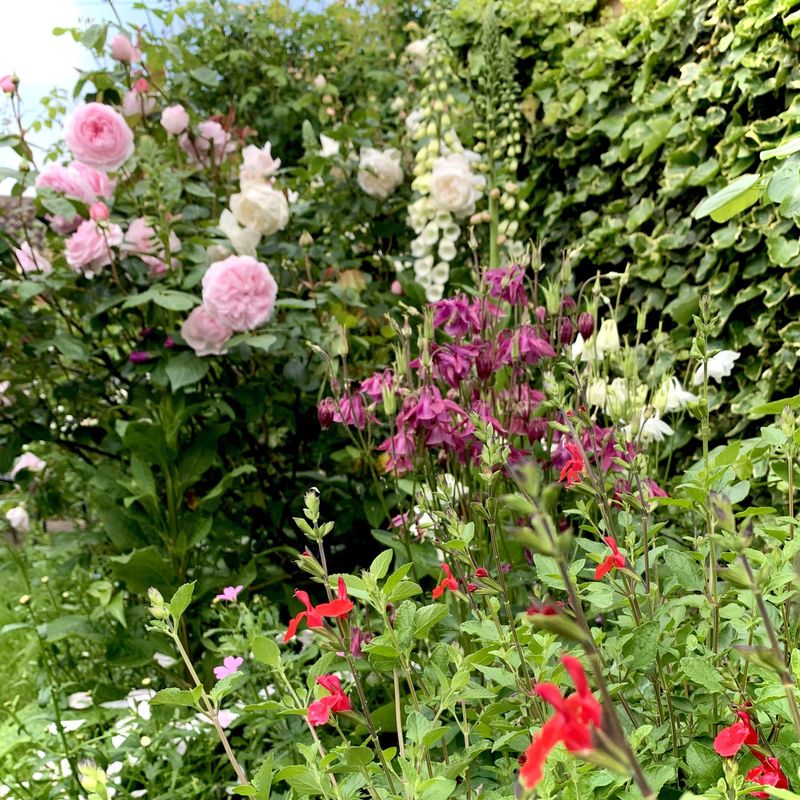
Companion planting offers many benefits, including pest control and improved growth. Ignoring this practice can lead to missed opportunities for healthier plants. Some plants naturally repel pests or enhance others’ growth.
Research compatible plant pairings for your garden. This technique can reduce the need for chemical controls. Companion planting enhances biodiversity and soil health. It’s an eco-friendly approach to gardening.
Plan your garden layout with companion plants for best results. A garden that embraces this method thrives naturally. Consider companion planting for a holistic garden approach.
16. Neglecting Pathways

Pathways are an essential yet often neglected part of garden design. They provide structure and accessibility. Overgrown pathways reduce garden enjoyment and accessibility. Regular maintenance ensures paths remain clear and usable.
Choose durable materials like gravel or stone for paths. Defined paths help prevent soil compaction and plant damage. They also guide visitors through your garden.
A well-designed path complements the overall garden aesthetic. Consider the flow and function of paths in garden planning. Well-maintained pathways enhance garden beauty and function.
17. Choosing Inappropriate Plants
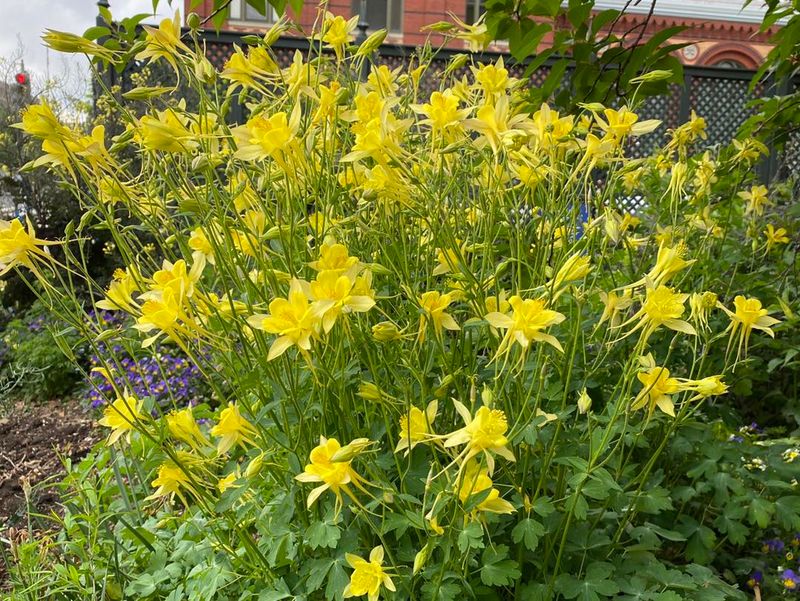
Choosing the wrong plants for your garden’s conditions is a common mistake. Consider climate, soil, and sunlight when selecting plants. Research plant hardiness zones and preferences. Native plants adapt better and require less maintenance.
Avoid exotic plants that may not thrive. Proper plant selection ensures a successful garden. A mismatched plant can struggle or fail to grow. Matching plants to the environment simplifies care.
A well-chosen plant enhances garden enjoyment and success. Invest time in understanding your garden’s conditions. This knowledge guides plant selection and garden design.

